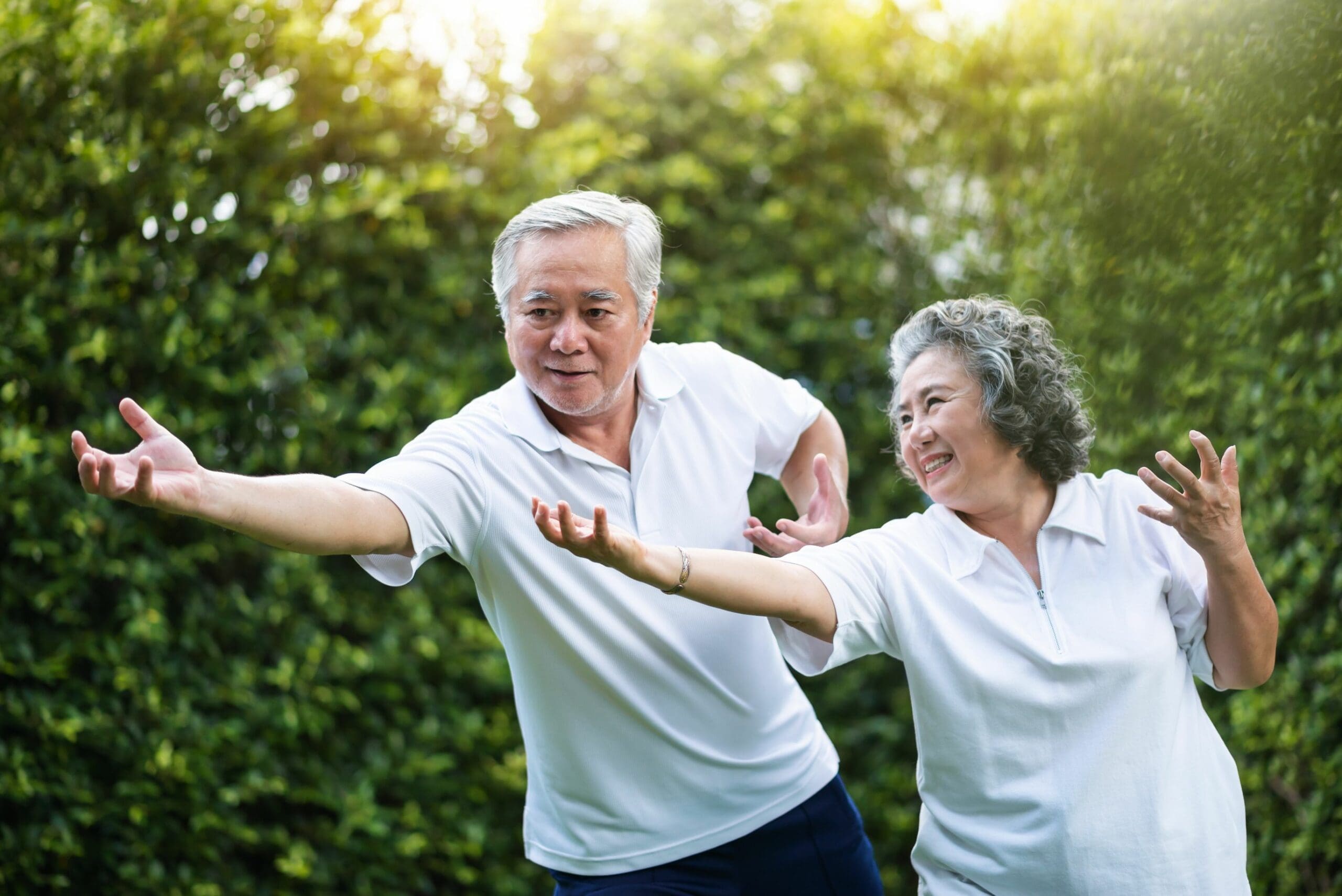Knee osteoarthritis is a condition characterised by the breakdown of cartilage inside the knee and is a major age-related issue. It can be a cause of pain and disability and affect a person’s quality of life and ability to perform everyday tasks.
Nonsteroidal anti-inflammatory drugs (NSAIDs) are often used to treat osteoarthritis but have varied results in relieving symptoms and can cause serious side effects.
Physical therapy is another recommended treatment and has been shown to be at least moderately effective for pain relief and physical functioning but there are limited data on its long-term benefits and effects on psychological wellbeing.
Tai Chi is a Chinese martial art which has been shown to reduce pain and improve physical and mental health in some people and has been proposed to help useful for knee osteoarthritis. Researchers compared effectiveness of Tai Chi with a physical therapy regime in patients with knee osteoarthritis.
Participants aged 40 years and older were randomised to receive either Tai Chi or physical therapy. The Tai Chi intervention consisted of two 60 minute Tai Chi sessions twice per week for 12 weeks. Participants were also instructed to practice Tai Chi at home for at least 20 minutes each day and to continue this for a year.
The physical therapy followed US guidelines for treating knee osteoarthritis and involved targeted physical therapies, provided in-clinic, addressing specific goals identified by the patient. Participants were encouraged to perform exercises at home as well. Physical and mental outcomes were assessed.
Both groups saw similar levels of improvement in pain and stiffness. This benefit persisted at 52 weeks following the beginning of the study. The group taking Tai Chi had significant improvements in depression and the physical component of the quality of life score when compared to the physical therapy group.
Implications
Tai Chi may be an effective option for managing the physical symptoms of knee osteoarthritis, with the added benefit of addressing mental wellbeing. Addressing psychological health can assist in improving physical health by making the physical symptoms less debilitating and easier to manage.





